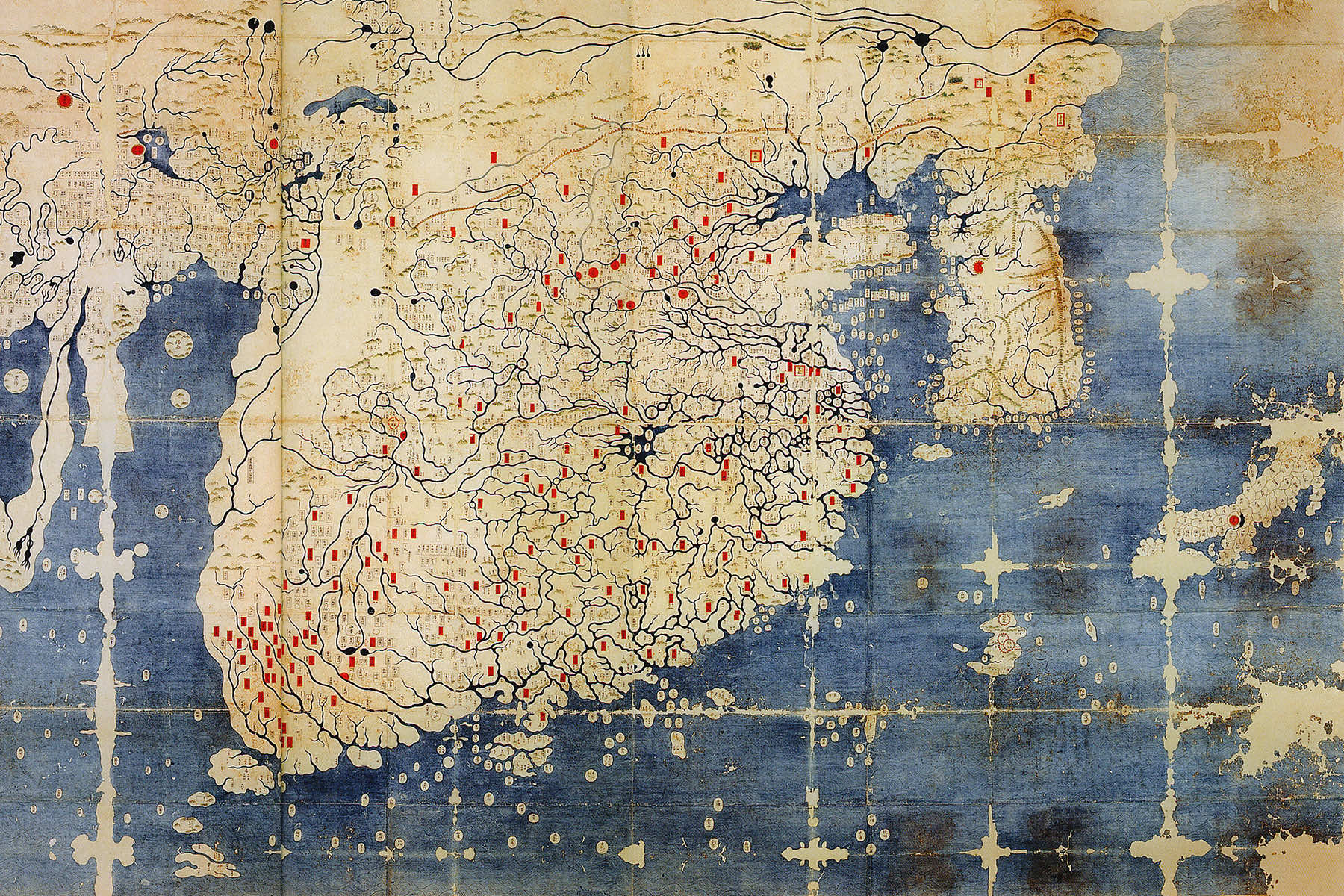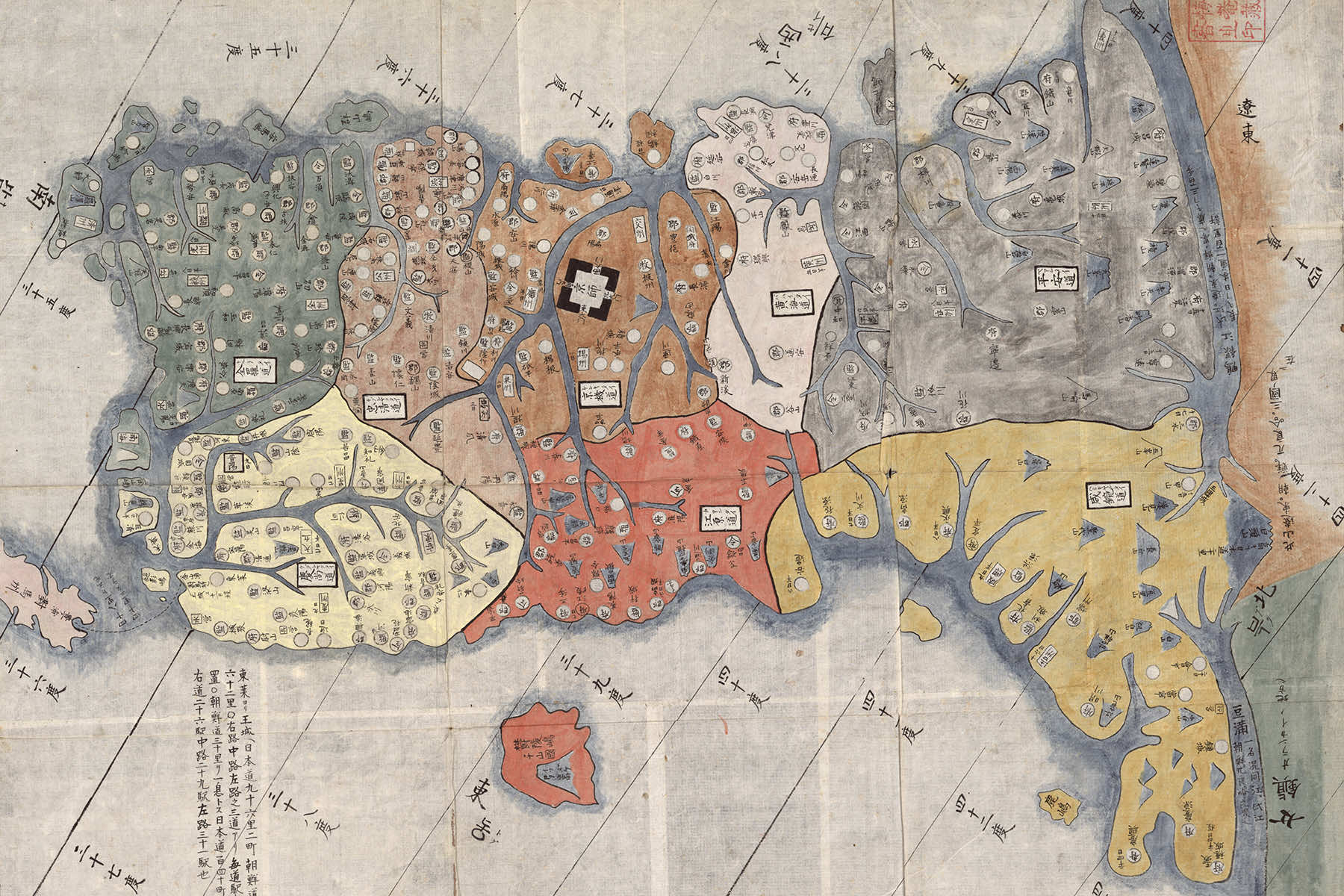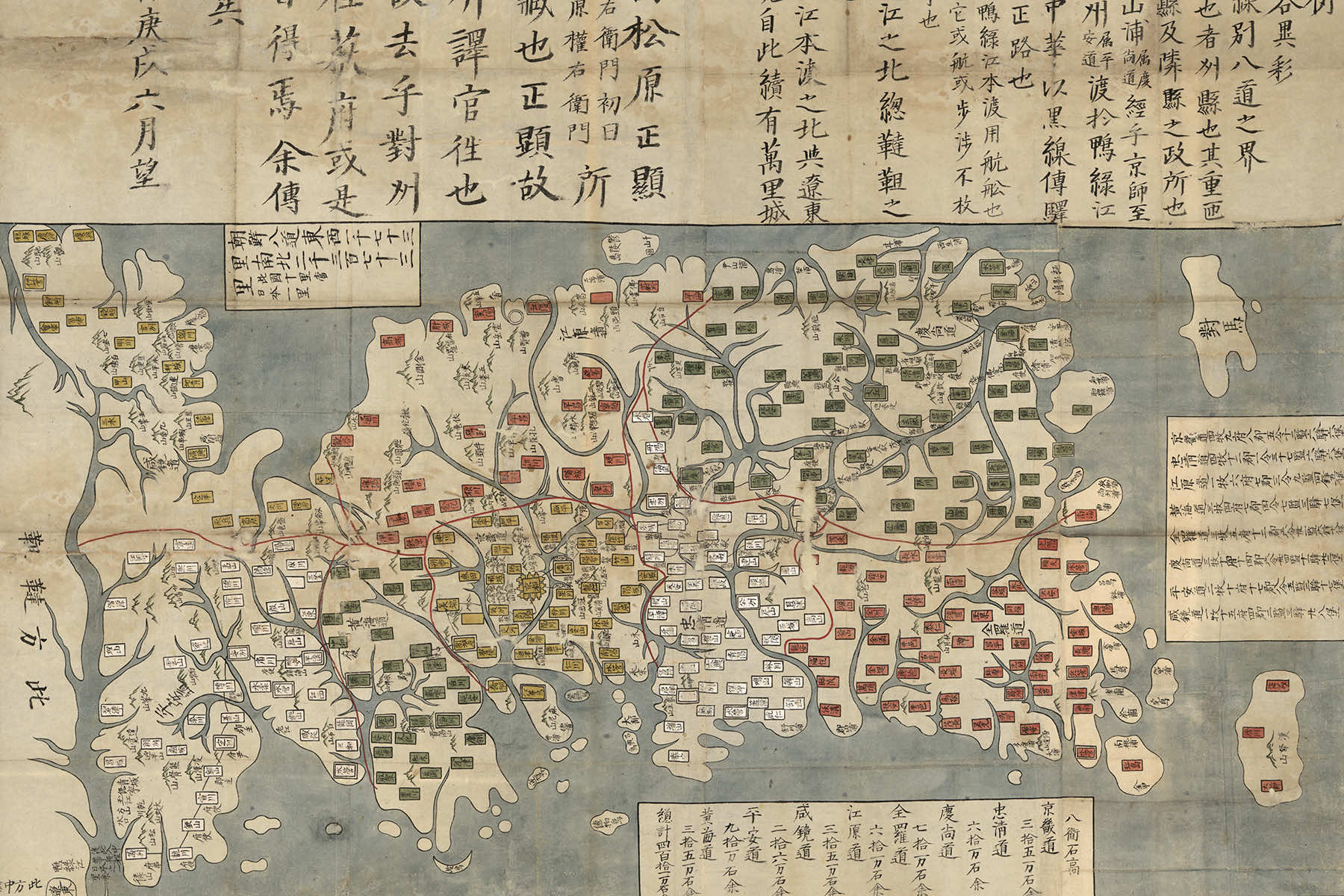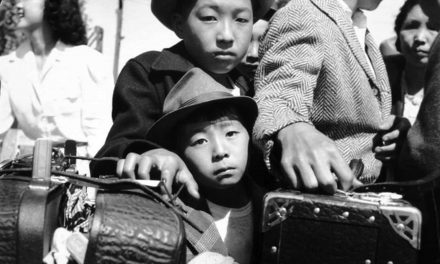
Along with its economic rise in the early 2000s, China’s geopolitical ambitions took a particularly aggressive turn concerning its northeastern neighbor, North Korea.
Amid rising concerns about the collapse of Kim Jong-il’s oppressive regime (1994-2011), China quietly laid the groundwork to assert historical claims over North Korean territory. The maneuver, ostensibly aimed at bringing stability to a volatile region in the event of a power vacuum, concealed the true goal.
China was prepared to seize territory and prevent Korean reunification under a Western-influenced democracy.
Central to China’s strategy was the Northeast Project, launched in 2002. The research initiative, formally known as the “Studies of History and Geography of Northeast Borderland and a Series of Phenomena,” was orchestrated by the Chinese Academy of Social Sciences. It aimed to reclassify the histories of ancient Korean kingdoms, such as Goguryeo (Koguryo) and Balhae, as part of China’s historical narrative.
It was the Korean kingdoms of Goguryeo and Balhae that ruled parts of what is now China’s northeastern provinces from 37 BC to 926 AD. But the project was not merely an academic review of historical documents, it was a strategic move to steal Goguryeo history in preparation for future scenarios at its border.
Just like how it promoted a “Nine-Dash Line” map to assert unjustified claims over the South China Sea, China manufactured alternative history claims to justify a potential land grab in North Korea.
The implications of the Northeast Project became clear when China emphasized its focus on the ancient kingdom of Goguryeo, which spanned parts of modern-day North Korea and China. By asserting that Goguryeo was inherently Chinese, China sought to establish a historical precedent that could justify intervention in North Korea.
The revisionism supported China’s claim that any territory once under Goguryeo’s control, including significant parts of North Korea, rightfully belonged to China.
A unified Korea, particularly one aligned with the West, posed a significant threat to China’s strategic interests. North Korea, despite its economic struggles and international isolation, served as a crucial buffer state between China and South Korea, a key ally of the United States.
The collapse of the North Korean regime and subsequent reunification under a democratic government would bring a Western-influenced Korea directly to China’s border, a scenario Beijing was determined to avoid.
China’s strategy revolved around maintaining North Korea as a buffer state to prevent the spread of Western influence. The fear of a democratic, unified Korea on its doorstep has driven China’s efforts to ensure the survival of the North Korean regime. However, Beijing was also prepared for the eventuality of North Korea’s collapse. In such a scenario, China wanted to be ready to move in under the guise of stabilizing the region, leveraging its historical claims to justify its presence.
The potential collapse of North Korea presented significant geopolitical challenges. Should the Kim regime fall, China was likely to position itself as the primary actor responsible for restoring order. The pretext of bringing stability would serve as a cover for China’s territorial ambitions, similar to the Soviet Union’s post-World War II occupation of Eastern Europe.
China’s intervention could lead to a de facto annexation of parts of North Korea, consolidating its influence in the region. The strategy involved several key components. In the early 2000s, China maintained a significant military presence near its border with North Korea, ready to act swiftly should the need arise. The military buildup, ostensibly for defensive purposes, positioned China to intervene quickly in the event of regime collapse.
China was North Korea’s primary trading partner and economic lifeline. By controlling the flow of goods and resources, China exerted substantial influence over North Korea. The economic leverage would be crucial in stabilizing and controlling the region in a post-collapse scenario.
Using diplomatic efforts, China sought to ensure it remained the key player in any negotiations concerning North Korea’s future. By positioning itself as a stabilizing force, China sought to legitimize any future interventions in the eyes of the international community.
The prospect of a Western-aligned Korea was a significant concern for China. A reunified Korea, backed by the United States and other Western allies, would shift the regional balance of power. The scenario would not only bring Western military forces closer to China’s borders but also serve as a beacon of democratic values in a region where China sought to maintain its authoritarian model.
To counter the possibility, China promoted its historical claims and emphasized the cultural and historical ties between North Korea and China. The narrative aimed to undermine the legitimacy of a unified Korea under South Korean leadership. By framing its actions as historical reclamation rather than territorial aggression, China hoped to gain broader acceptance for its intervention.
The international community, particularly South Korea, Japan, and the United States, view China’s ambitions with growing concern. The potential for Chinese intervention in North Korea could destabilize the region, leading to another major conflict that would draw in multiple nations.
As a countermeasure, several research initiatives were launched with the aim to highlight the factual inaccuracies in China’s historical assertions, and promote a more balanced and accurate understanding of Northeast Asian history. By exposing the flaws in China’s historical counter-narrative, the aim was to undermine China’s justification for territorial claims and intervention in North Korea.
Nearly two decades later, in the wake of the Ukraine invasion, North Korea began providing Russia with artillery ammunition and short-range rockets in support of its full-scale invasion. Russia offered economic aid, critical for North Korea’s struggling economy, and military assistance to enhance Pyongyang’s weapons of mass destruction (WMD) programs.
The enhanced Russia-North Korea relationship introduced new variables into China’s plans. With North Korea receiving substantial support from Russia, Beijing faces the challenge of balancing its influence over Pyongyang with the growing Russian presence.
The power dynamic potentially undermines China’s ability to unilaterally manage North Korea as a buffer state. China’s ability to seize territory could also be limited by Russia’s military presence and commitments to North Korea. Another distraction for China is Taiwan, and its goal to reunite with the breakaway republic.
- Exploring Korea: Stories from Milwaukee to the DMZ and across a divided peninsula
- A pawn of history: How the Great Power struggle to control Korea set the stage for its civil war
- Names for Korea: The evolution of English words used for its identity from Gojoseon to Daehan Minguk
- SeonJoo So Oh: Living her dream of creating a "folded paper" bridge between Milwaukee and Korean culture
- A Cultural Bridge: Why Milwaukee needs to invest in a Museum that celebrates Korean art and history
- Korean diplomat joins Milwaukee's Korean American community in celebration of 79th Liberation Day
- John T. Chisholm: Standing guard along the volatile Korean DMZ at the end of the Cold War
- Most Dangerous Game: The golf course where U.S. soldiers play surrounded by North Korean snipers
- Triumph and Tragedy: How the 1988 Seoul Olympics became a battleground for Cold War politics
- Dan Odya: The challenges of serving at the Korean Demilitarized Zone during the Vietnam War
- The Korean Demilitarized Zone: A border between peace and war that also cuts across hearts and history
- The Korean DMZ Conflict: A forgotten "Second Chapter" of America's "Forgotten War"
- Dick Cavalco: A life shaped by service but also silence for 65 years about the Korean War
- Overshadowed by conflict: Why the Korean War still struggles for recognition and remembrance
- Wisconsin's Korean War Memorial stands as a timeless tribute to a generation of "forgotten" veterans
- Glenn Dohrmann: The extraordinary journey from an orphaned farm boy to a highly decorated hero
- The fight for Hill 266: Glenn Dohrmann recalls one of the Korean War's most fierce battles
- Frozen in time: Rare photos from a side of the Korean War that most families in Milwaukee never saw
- Jessica Boling: The emotional journey from an American adoption to reclaiming her Korean identity
- A deportation story: When South Korea was forced to confront its adoption industry's history of abuse
- South Korea faces severe population decline amid growing burdens on marriage and parenthood
- Emma Daisy Gertel: Why finding comfort with the "in-between space" as a Korean adoptee is a superpower
- The Soul of Seoul: A photographic look at the dynamic streets and urban layers of a megacity
- The Creation of Hangul: A linguistic masterpiece designed by King Sejong to increase Korean literacy
- Rick Wood: Veteran Milwaukee photojournalist reflects on his rare trip to reclusive North Korea
- Dynastic Rule: Personality cult of Kim Jong Un expands as North Koreans wear his pins to show total loyalty
- South Korea formalizes nuclear deterrent strategy with U.S. as North Korea aims to boost atomic arsenal
- Tea with Jin: A rare conversation with a North Korean defector living a happier life in Seoul
- Journalism and Statecraft: Why it is complicated for foreign press to interview a North Korean defector
- Inside North Korea’s Isolation: A decade of images show rare views of life around Pyongyang
- Karyn Althoff Roelke: How Honor Flights remind Korean War veterans that they are not forgotten
- Letters from North Korea: How Milwaukee County Historical Society preserves stories from war veterans
- A Cold War Secret: Graves discovered of Russian pilots who flew MiG jets for North Korea during Korean War
- Heechang Kang: How a Korean American pastor balances tradition and integration at church
- Faith and Heritage: A Pew Research Center's perspective on Korean American Christians in Milwaukee
- Landmark legal verdict by South Korea's top court opens the door to some rights for same-sex couples
- Kenny Yoo: How the adversities of dyslexia and the war in Afghanistan fueled his success as a photojournalist
- Walking between two worlds: The complex dynamics of code-switching among Korean Americans
- A look back at Kamala Harris in South Korea as U.S. looks ahead to more provocations by North Korea
- Jason S. Yi: Feeling at peace with the duality of being both an American and a Korean in Milwaukee
- The Zainichi experience: Second season of “Pachinko” examines the hardships of ethnic Koreans in Japan
- Shadows of History: South Korea's lingering struggle for justice over "Comfort Women"
- Christopher Michael Doll: An unexpected life in South Korea and its cross-cultural intersections
- Korea in 1895: How UW-Milwaukee's AGSL protects the historic treasures of Kim Jeong-ho and George C. Foulk
- "Ink. Brush. Paper." Exhibit: Korean Sumukhwa art highlights women’s empowerment in Milwaukee
- Christopher Wing: The cultural bonds between Milwaukee and Changwon built by brewing beer
- Halloween Crowd Crush: A solemn remembrance of the Itaewon tragedy after two years of mourning
- Forgotten Victims: How panic and paranoia led to a massacre of refugees at the No Gun Ri Bridge
- Kyoung Ae Cho: How embracing Korean heritage and uniting cultures started with her own name
- Complexities of Identity: When being from North Korea does not mean being North Korean
- A fragile peace: Tensions simmer at DMZ as North Korean soldiers cross into the South multiple times
- Byung-Il Choi: A lifelong dedication to medicine began with the kindness of U.S. soldiers to a child of war
- Restoring Harmony: South Korea's long search to reclaim its identity from Japanese occupation
- Sado gold mine gains UNESCO status after Tokyo pledges to exhibit WWII trauma of Korean laborers
- The Heartbeat of K-Pop: How Tina Melk's passion for Korean music inspired a utopia for others to share
- K-pop Revolution: The Korean cultural phenomenon that captivated a growing audience in Milwaukee
- Artifacts from BTS and LE SSERAFIM featured at Grammy Museum exhibit put K-pop fashion in the spotlight
- Hyunjoo Han: The unconventional path from a Korean village to Milwaukee’s multicultural landscape
- The Battle of Restraint: How nuclear weapons almost redefined warfare on the Korean peninsula
- Rejection of peace: Why North Korea's increasing hostility to the South was inevitable
- WonWoo Chung: Navigating life, faith, and identity between cultures in Milwaukee and Seoul
- Korean Landmarks: A visual tour of heritage sites from the Silla and Joseon Dynasties
- South Korea’s Digital Nomad Visa offers a global gateway for Milwaukee’s young professionals
- Forgotten Gando: Why the autonomous Korean territory within China remains a footnote in history
- A game of maps: How China prepared to steal Korean history to prevent reunification
- From Taiwan to Korea: When Mao Zedong shifted China’s priority amid Soviet and American pressures
- Hoyoon Min: Putting his future on hold in Milwaukee to serve in his homeland's military
- A long journey home: Robert P. Raess laid to rest in Wisconsin after being MIA in Korean War for 70 years
- Existential threats: A cost of living in Seoul comes with being in range of North Korea's artillery
- Jinseon Kim: A Seoulite's creative adventure recording the city’s legacy and allure through art
- A subway journey: Exploring Euljiro in illustrations and by foot on Line 2 with artist Jinseon Kim
- Seoul Searching: Revisiting the first film to explore the experiences of Korean adoptees and diaspora

















